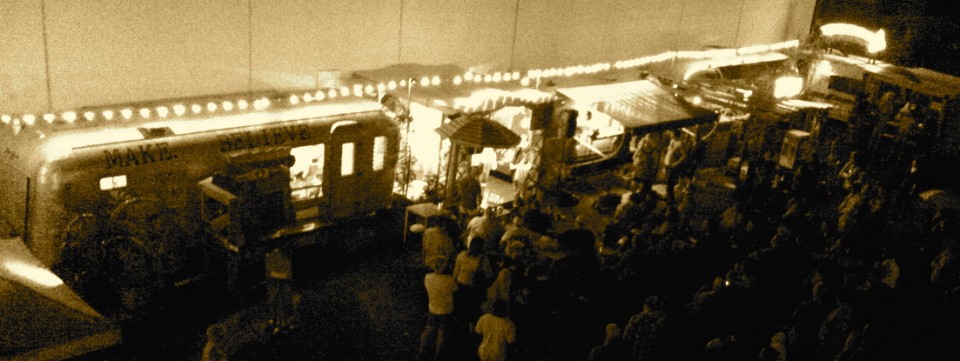Tags
bathroom sink, change, depression, emotions, hardness, Intensity, Living, social work, storytelling, words
The first story I ever wrote was in the second grade, entitled Amy and the Tooth. It was the dramatic and detailed adventure of Amy, a girl who shrank down to the size of a peanut and befriended a lost tooth who possessed superhero-like qualities. Together they journeyed through drainpipes, battled rogue nail clippings, and encountered a variety of other bathroom sink horrors.
Now that I’m older (though not any less afraid of what is in my bathroom sink), my storytelling has shifted more towards reality, or at least my perceived reality. This isn’t because I don’t value fiction; in fact, I devour it ravenously (when I’m not drowning in social work texts). But as I push myself more and more to participate in the world, to move beyond patterns my brain has established while depressed and suicidal, telling my story has become a lifeline.
So much of the time I feel like a fish washed up on the beach, gills desperately opening and closing, trying to breath in an environment it wasn’t made for. Writing somehow fills my lungs, anchors me when I otherwise feel disconnected and unsure. It’s almost as if writing about my life makes it real.
Yesterday one of the women at the shelter where I’m working told me about her aunt who had recently passed away. She shared, misty eyed, that from the age of 17 until she died at 96, her aunt had written in a journal every day. Every day. Now, though she is gone, her stories are still here, her words concrete and present-living.
I don’t know how much I’m living right now; too often my thoughts and emotions hijack my brain and take it far away from where my body is breathing and moving. I’m overwhelmed, shrinking into myself. But if I keep writing, continue to tell my story, maybe the journey down the drainpipe won’t feel so frightening. And, for now, my words will do the living for me.

Dear Sarah,You live in our hearts always. I am so glad you are here to be you.
I love you so much,
Dad
— Sent from Mailbox
On Tue, Jan 27, 2015 at 8:27 AM, Still, a great deal of light falls